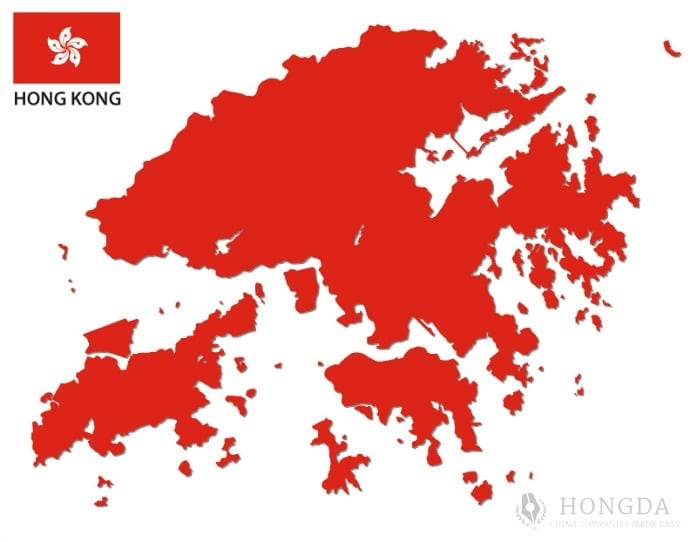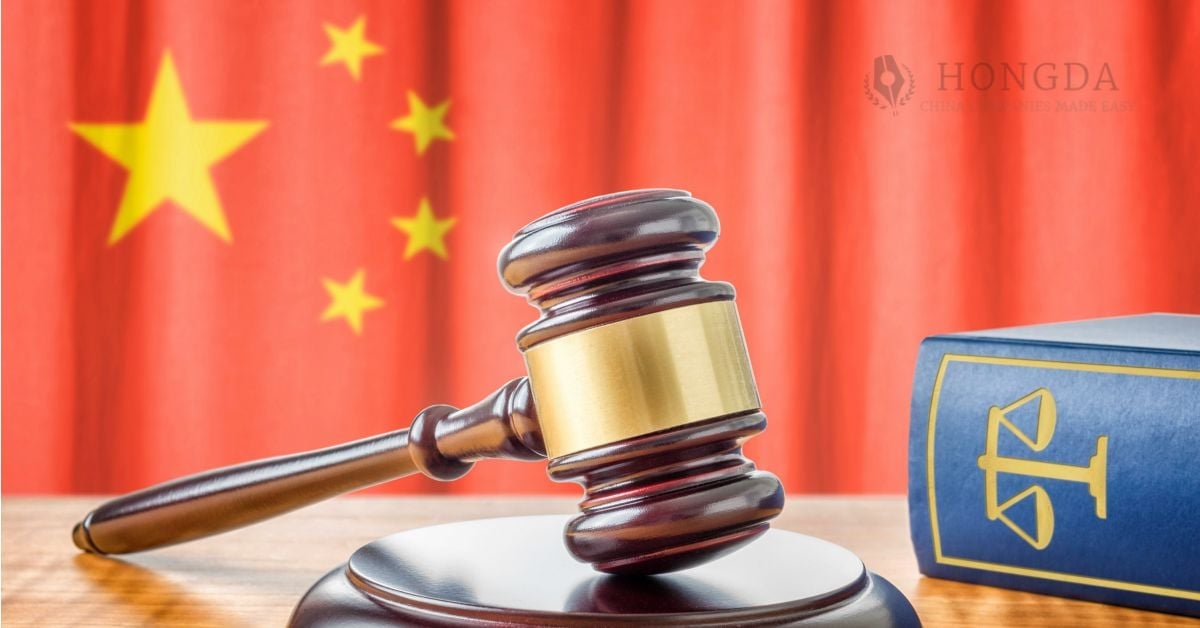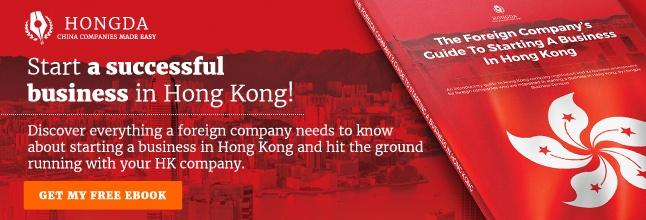Welcome to the end of the week! It's time for another edition of the Hongda Business Services Roundup. We are already halfway through the month of December, Christmas and New Years celebrations are looming, but the business world is still running in full force. This week we have some great posts for you that include:
- Looking at starting a business in Hong Kong? Offshore companies 101
- African Business in China
- Why Hong Kong Company Formation Helps To Avoid Chinese Litigation
- The Yuan Still Has Ways To Go Before Replacing The Dollar
1) Looking at starting a business in Hong Kong? Offshore companies 101

Setting up a company in countries with an offshore jurisdiction offer ![]() certain advantages (tax, confidentiality, company structure, etc.) to be used by non-residents. Renowned tax havens around the world include Bermuda, British Virgin Islands and the Cayman Islands, with these countries enjoying a zero tax regime.
certain advantages (tax, confidentiality, company structure, etc.) to be used by non-residents. Renowned tax havens around the world include Bermuda, British Virgin Islands and the Cayman Islands, with these countries enjoying a zero tax regime.
Offshore companies are classified by the jurisdiction that they fall under, and while Hong Kong doesn't have any specific law that governs offshore company formation, it is classified as a "mid-shore" jurisdiction and is by far one of the most popular jurisdictions for setting up an offshore company today!
The folks over at Healy Consultants created a great infographic detailing the classifications of jurisdictions, the characteristics of an offshore country, and the top three uses thereof. If you are looking at starting a Hong Kong company then read on to learn more about offshore companies and the advantages that the setting up of a Hong Kong company will hold for you...
2) African Business in China

Many African entrepreneurs today consider China as the new land of opportunities.
One of them is Nathalie Fodderie from the Democratic Republic of Congo (DRC).
On a reconnaissance trip to Guangzhou, in Southern China, she has three weeks to find equipment for her Kinshasa restaurant that needs complete refurbishment.
Fodderie works with an established network of African and Chinese middlemen and traders and haggles with some of the toughest businessmen in the world.
Through her journey, we see how African and Chinese traders grapple with geographic and cultural hurdles to make a profit.
See the video for yourself here!
3 Why Hong Kong Company Formation Helps To Avoid Chinese Litigation

When doing business in China as a foreign company you may not have considered the affect of Chinese culture on civil law and the upholding of contracts there.
Many rumours swirl around that in China 'contracts aren't followed or enforced by law' and that 'Hong Kong company formation protects ![]() you on the Mainland.'
you on the Mainland.'
The former is far too simplistic a statement to be true, however it's almost inevitable that during your dealings in China there will occur some kind of disagreement over contractual issues. As for the latter, in some ways that's the case.
So what could happen then, and what steps ![]() can be taken to avoid any problems?
can be taken to avoid any problems?
Read on as we dispel some of the myths and offer ![]() advice as to how to mitigate any issues before they occur...
advice as to how to mitigate any issues before they occur...
Send this blog out into the Twittersphere!
4) The Yuan Still Has Ways To Go Before Replacing The Dollar

image credit: forbes (Xaume Olleros/Bloomberg)
There is growing expectation that the International Monetary Fund’s inclusion of China’s Renmimbi (RMB) in its basket of reserve used by the central banks of IMF members for Special Drawing Rights (SDR) represents a watershed moment in global finance and even China’s emergence as an economic superpower.
Such speculation is seductive but incorrect. The reality is much less than that. The RMB is a long way away from replacing the U.S. dollar as a genuine global currency, and is not yet even close to being a match for the Euro, British pound or Japanese Yen for that matter. The decision by the IMF will offer China some of the global prestige that it craves, but little by way of any real avenues of financial leverage or power that the country did not have before.
On the face of it, there seems to be an irresistible narrative about the RMB’s rise with it joining the IMF construction of a basket containing the currencies emanating from the four most successful economic zones from the second half of the previous century. As the argument goes, the RMB’s inclusion by the IMF is done with an eye to the future of a dominant RMB commensurate with the size of the Chinese economy. But those predicting a world where the RMB is as ubiquitous as the other four currencies are likely to be waiting a very long time.
That it for this week's edition of the Hongda Business Services Roundup! Please let us know about any of your thoughts regarding some of the topics we recapped this week in the comments below, or let us know about any other topics you'd like for us to cover.
From everyone at Hongda Business Services, have a relaxing weekend and catch you all again next week for more of the same!
Looking at starting a business in Hong Kong?
Click below to download our FREE eBook to discover everything you need to know about business in Hong Kong, the types of companies one can set up there, and how to stay compliant!






